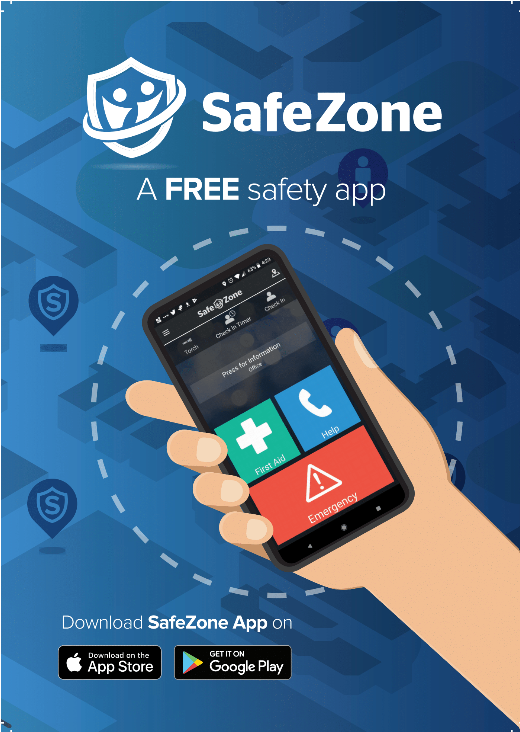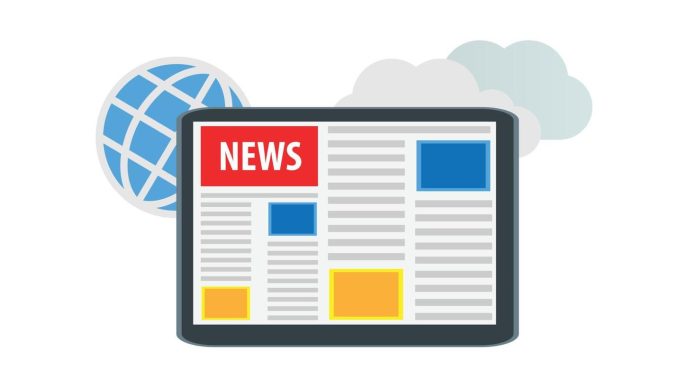App Download Safety: How to Protect Yourself and Your Devices
With the rise of smartphones and tablets, downloading apps has become a part of everyday life. From social media to productivity tools, apps help us stay connected, organized, and entertained. However, while there are countless useful apps available, not all are safe. In this article, we’ll dive into the importance of app download safety, how to protect yourself, and tips for ensuring that the apps you download are secure.
Why App Download Safety Matters
Downloading apps may seem harmless, but malicious apps can jeopardize your personal data and your device’s security. Cybercriminals often disguise harmful software as legitimate apps, tricking users into downloading them. These apps can steal sensitive information, slow down your device, or even damage it permanently.
Having a secure app is essential because:
-
Malicious apps can steal your personal information, including banking details and passwords.
-
Some apps contain viruses or malware, which can damage your device or access your data.
-
Unsafe apps can track your activity without your knowledge, compromising your privacy.
Protecting yourself during the app download process is crucial to avoid potential threats.
How to Identify Safe Apps
When downloading an app, it’s important to consider the following factors to ensure the app is safe:
-
Download from trusted sources: Always use official app stores like Google Play or Apple’s App Store. These platforms have security measures in place to filter out malicious apps.
-
Check app reviews: Read both positive and negative reviews before downloading. Reviews often provide insights into the app’s performance and safety.
-
Review the permissions: Apps often request permissions to access certain data or features on your device. Be cautious if an app requests unnecessary permissions, like access to your contacts or camera for no clear reason.
-
Look for app updates: Regular updates indicate that the app is being actively maintained, improving security, and fixing bugs.
By following these guidelines, you can avoid downloading harmful apps that could compromise your security.
The Risks of Downloading Unverified Apps
While official app stores offer a layer of protection, downloading apps from third-party websites or untrusted sources can expose you to significant risks. Some of the dangers include:
-
Malware: Malicious apps can secretly install malware on your device, which may steal data, track your activities, or damage your system.
-
Data theft: Unverified apps may access sensitive information like your contacts, emails, or even your credit card details.
-
Device performance issues: Unsafe apps can cause your device to run slowly, drain your battery, or overheat.
To ensure your app downloads are safe, it’s best to avoid third-party websites and stick to reputable sources.
Best Practices for Safe App Downloads
Here are some practical steps you can take to safeguard your device when downloading apps:
1. Enable Device Security Features
Ensure that your device’s security settings are configured correctly. This includes enabling features like two-factor authentication and app permissions to control what data each app can access.
2. Use Antivirus Software
Consider using antivirus software to scan apps before downloading them. Some apps can be infected with malware, even if they are on official app stores.
3. Be Cautious with Free Apps
While free apps can be great, they sometimes come with hidden dangers, such as ads or malware. Pay attention to the app’s permissions and check for any hidden costs or unnecessary data requests.
4. Keep Your Apps Updated
Regular updates help patch vulnerabilities and improve security. Always update your apps to the latest versions to ensure they are protected against known threats.
By following these best practices, you can minimize the risk of downloading harmful apps and keep your devices and personal data safe.

What to Do If You’ve Downloaded a Malicious App
If you’ve accidentally downloaded a malicious app, here’s what to do:
-
Uninstall the app: The first step is to uninstall the suspicious app immediately. Go to your device’s settings and remove it.
-
Run a virus scan: Use your antivirus software to scan your device for any other potential threats.
-
Change your passwords: If you believe your data was compromised, change your passwords for sensitive accounts, such as banking and email.
-
Report the app: Inform the app store about the malicious app so they can take action to protect others.
By taking swift action, you can minimize the impact of downloading a malicious app.
Common Red Flags in Unsafe Apps
To avoid downloading dangerous apps, look for these red flags:
-
Too many ads: Excessive ads can indicate that the app is adware, which may track your data.
-
Poor user reviews: If the app has a lot of complaints, especially regarding its performance or security, it’s better to avoid it.
-
Suspicious permissions: Apps that request access to features they don’t need—like a weather app asking for access to your camera or microphone—should raise alarms.
-
App requests sensitive information: Be cautious of apps that ask for unnecessary personal details, like passwords or credit card numbers.
By being aware of these red flags, you can avoid apps that may compromise your device’s safety.
FAQs About App Download Safety
1. Is it safe to download apps from third-party sites?
No, downloading apps from third-party sites increases the risk of downloading malicious software. Stick to trusted app stores like Google Play or Apple’s App Store for better security.
2. How can I tell if an app is safe to use?
To ensure an app is safe, check its reviews, verify the permissions it requests, and ensure it’s from a reputable developer. Also, download apps only from official app stores.
3. Can I get a virus from a free app?
Yes, some free apps contain malware or adware. Always check the app’s permissions and read user reviews before downloading free apps.
4. What should I do if an app requests too many permissions?
If an app requests unnecessary permissions, it may be a red flag. You can either deny the permissions or avoid downloading the app altogether.
5. How can I protect my device from unsafe apps?
Use antivirus software, keep your apps updated, and be cautious about which apps you download. Always use official app stores and check the app’s reviews before installation.
Conclusion
App download safety is a critical concern in today’s digital age. By being cautious and following best practices, you can protect your device and personal information from potential threats. Stick to trusted app stores, review app permissions, and be mindful of suspicious behavior in apps. By taking these simple steps, you can enjoy the benefits of your apps without worrying about security risks.
Start using safe apps today to ensure that your devices remain secure and your personal data stays protected.
By staying informed and cautious, you can make your app download process both secure and enjoyable.



